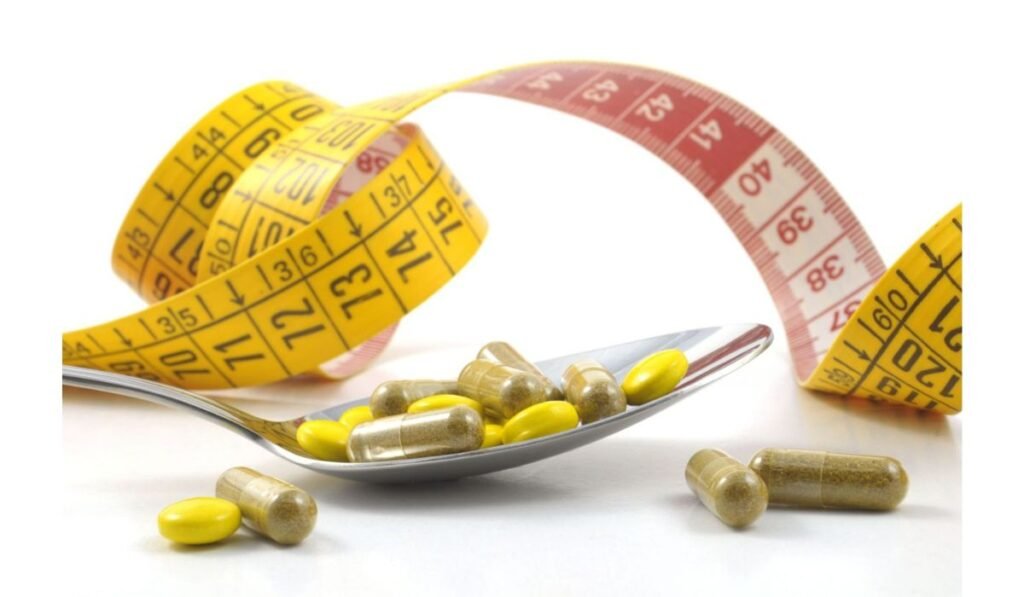(Reuters) – The market for weight-loss treatments is expected to see 16 new drugs vying for a slice of the lucrative business currently dominated by Novo Nordisk and Eli Lilly, according to estimates from analysts at Morningstar and Pitchbook.
In a joint report published on Monday, analysts estimated the market for obesity treatments could expand to $200 billion by 2031. The 16 drugs could launch by 2029, with roughly $70 billion of the GLP-1 market coming from these new challengers.
WHY IT’S IMPORTANT
Surging demand for Novo’s Wegovy and Lilly’s Zepbound has sparked interest among competitors to test their own weight-loss treatments. Companies such as Amgen and Pfizer are currently testing their drug candidates in clinical trials.
These developments come amid criticism from lawmakers over the high costs associated with these medications. The new entrants, however, are expected to drive down prices as they vie for market share, according to the report.
CONTEXT
The potential new treatments include those from Boehringer Ingelheim and Zealand Pharma. Competitors like Roche, Amgen, and Pfizer are also involved. However, these new weight-loss drugs must first clear clinical trials, according to the report.
Other entrants include those by Structure Therapeutics, Viking Therapeutics and Altimmune, along with next-generation drugs by Novo and Lilly.
Analysts, last year, had forecast the obesity market would be $170 billion by 2031, but have recently raised their estimates, partly due to anticipated higher diabetes market penetration.
The report projects 41% individuals with diabetes and nearly one-quarter of nondiabetic obesity patients will be on a GLP-1 drug by 2031.
WHAT’S NEXT
Analysts expect major pharmaceutical companies to make significant acquisitions in the obesity sector. Over the next 18 months, the focus will be on expanding portfolios with new weight-loss drugs.
Potential acquisition targets include firms such as Structure, Viking and Altimmune.
Private companies such as NodThera, Corteria and Diasome have a higher-than-50% chance of being acquired, according to PitchBook data.
read more








